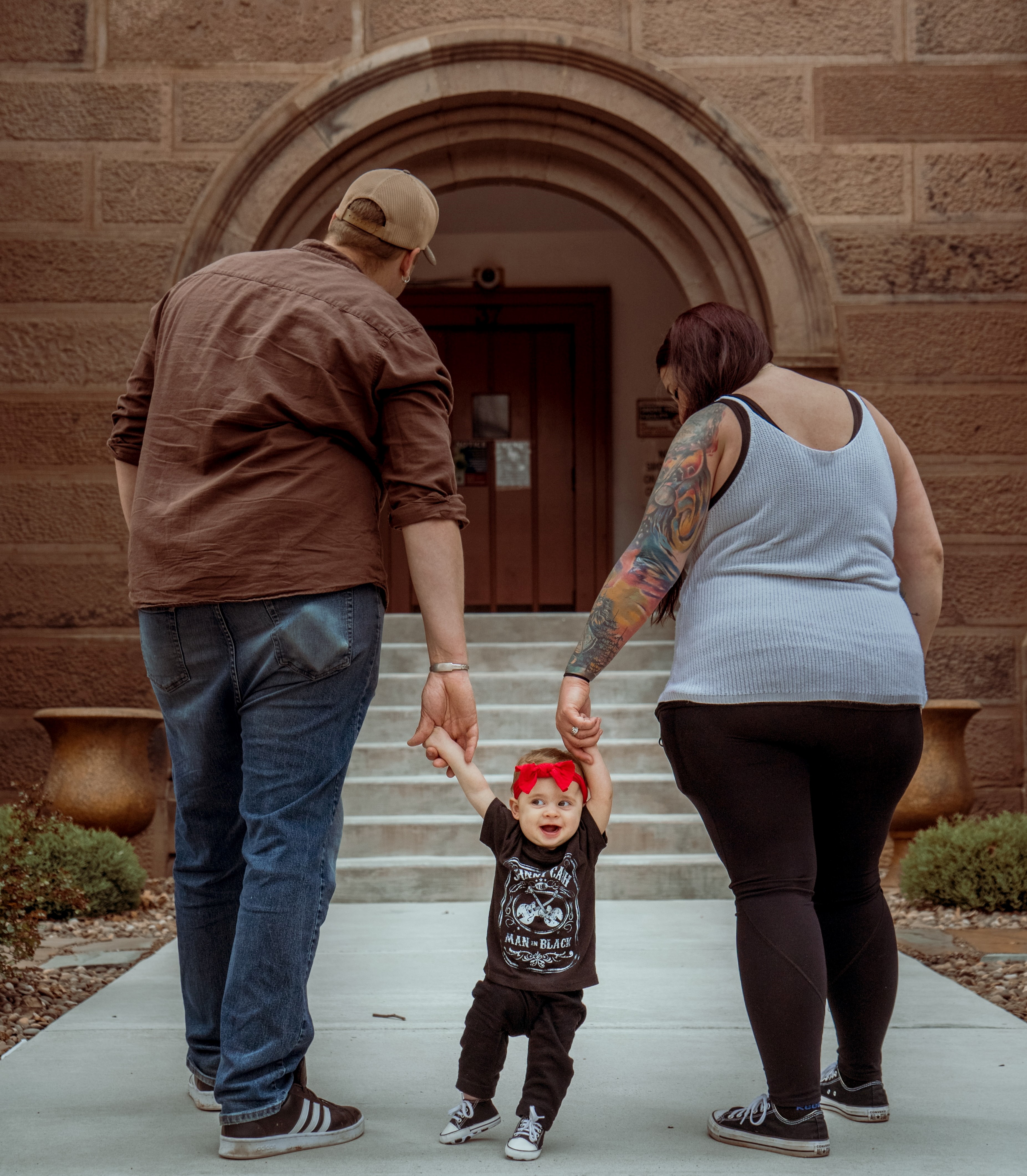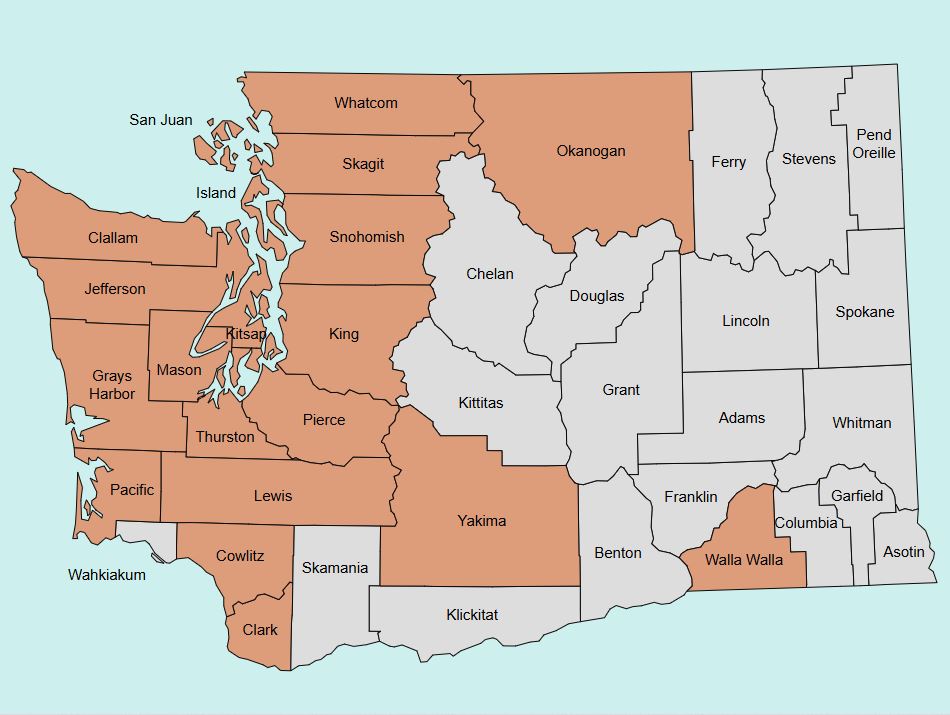Family Treatment Courts
Family Treatment Court is a therapeutic dependency court program modeled after drug courts and veterans courts, where teams of specialists address underlying issues. Our tribal communities have developed a similar model, the Family Healing to Wellness Courts, based on a collaborative community model. These programs aid parents in regaining control of their lives and promote healthier families. Judges, attorneys, child welfare, social service, tribal members and treatment professionals collaborate to assess core problems; to provide assistance such as mental health and substance use disorder treatment, access to job training and job search guidance, housing assistance, parental skills training, and to provide oversight and accountability to ensure parents are taking required steps. The goal is providing safe, nurturing, and permanent homes for children while providing parents the necessary support to achieve long-term, stable recovery from substance use disorders.

Current Sites

Washington State Currently has 20 Family Treatment Courts that operate under this collaborative model.
In early 2021 the Court Improvement Program of the Washington State Administrative Office of the Courts was awarded a $1.75 million dollar grant from the Office of Juvenile Justice and Delinquency Protection. In this grant, AOC will work with partners from the Washington State Health Care Authority, the Department of Children, Youth, & Families, and Children and Family Futures to strengthen and expand Family Treatment Court Services in Washington. Read a little more about this grant on the court website.
Major Accomplishments
| March and April 2021 | Hiring of Project Manager, Research Associate, Training Coordinator, and Administrative Assistant |
| July 2021 | Steering Committee Formation (meets monthly) |
| Sept 24th, 2021 | First Annual All Sites Meeting |
| Observation of all FTC Courts by AOC team complete | |
| All FTC Courts have completed NEFTC Assessments | |
| October 2021 | Asynchronous Modules Available for FTC Best Practice 2: Role of the Judge |
| November 2021 | Establishment of Monthly Coordinator Community of Practice Conversations (proposed topics here) |
| December 2021 | Asynchronous Module Available for FTC Best Practice 1: Organization and Structure |
| January 2022 | Creation of a Data Resources website, templates, and weekly data tips. Creation of a Washington State FTC Newsletter (released quarterly) Creation of a resource list for new FTC Team Members |
| February 2022 | Establishment of Quarterly Judicial Community of Practice |
| March 2022 | State FTC team had a retreat to re-evaluate project plans and accomplishments |
| May 2022 | Establishment of Monthly Peer Advocate and Lived Experts Community of Practice |
| June 29th, 2022 | FTC Rural Access Roundtable Discussion |
| July 2022 | FTC Steering Committee housing workgroup completed a DCYF/Housers MOU to establish a collaborative venture between DCYF and the state’s public housing authorities and other housing organizations that will provide housing vouchers and supportive services for DCYF clients’ use when housing is necessary and would work to prevent placement or facilitate imminent reunification. |
| August 2022 | Motivational Interviewing training for FTC team members with Lived Expertise |
| September 2022 | Asynchronous Modules Available for FTC Best Practice 8: Monitoring and Evaluation |
| Sept 30th, 2022 | 2nd Annual Family Treatment Court All Sites Meeting |
| January, 2023 | Just Data January 2023 |
| June 13th, 2023 | Ethics and Boundaries in Therapeutic Courts with Eric Strom |
| August 31, 2023 | Rural Round Table- Cross Jurisdictional Relationships |
| Oct. 18th, 2023 | 3rd Annual Washington Therapeutic Courts All-Sites Meeting |
| January, 2024 | Just Data January 2024 |
| March 13th, 2024 | Spring 2024 Virtual Collaborative Courts All-Sites Meeting |




